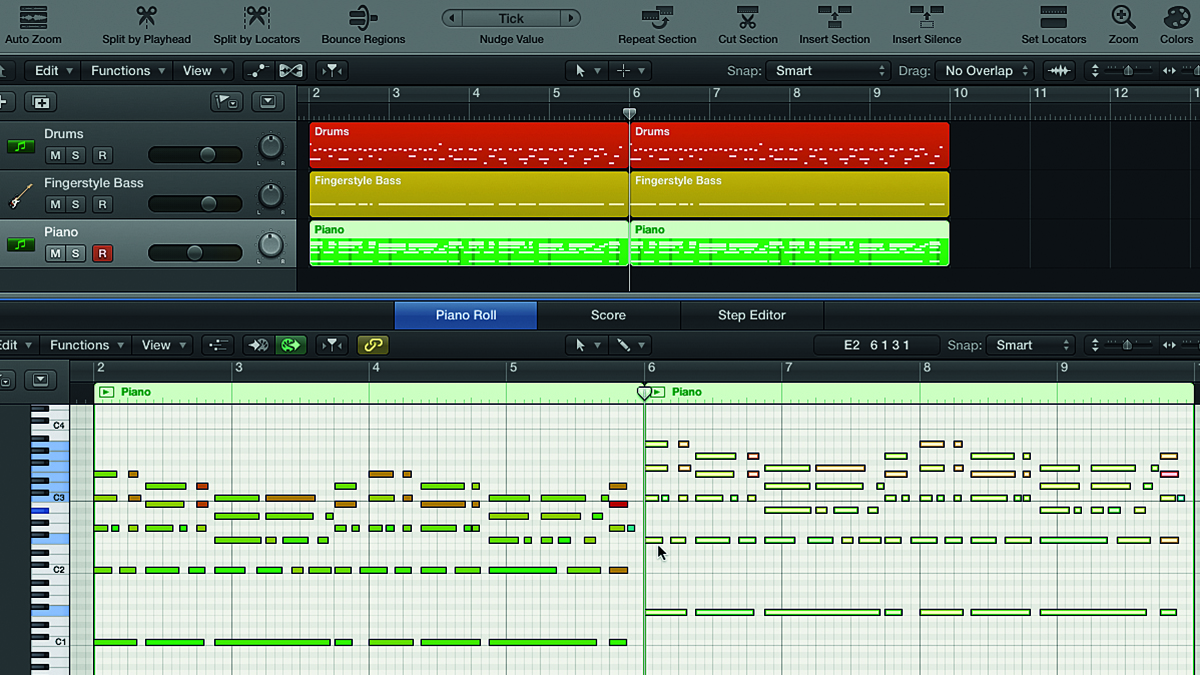How to have a number one song in 2022: keep it short, don’t use a key change and write in 4/4
Research celebrating 70 years of the UK singles chart also indicates that minor keys are in and fade-outs are out

If you want to create a number one hit, don’t use any key changes, forget about a fade out and make sure you write it in 4/4.
These are some of the takeaways from new research by PA Media - or, more specifically, from data journalist Ian Jones, who says that he’s “spent the last few months listening to every one of the 1,404 songs to reach number one in the UK singles chart.”
The research was carried out in celebration of the chart’s 70th anniversary, and also reveals that number ones are getting shorter and slower, and that more of them are now written in minor keys.

Music theory basics: How to use key changes in your songs without resorting to cliché
Key changes were a commonly used songwriting device in the early days of the charts, with 43% of number ones featuring one in 1953. They were still regularly being deployed right up to the ‘80s - the era of the power ballad, let’s not forget - but have since fallen out of fashion.
The same can be said of fade-outs which have, um, faded out. You can hear one (at gradually decreasing volume) in every song that hit number one in both 1971 and 1983, but there were none in 2011, and there have been just 23 since then.
Chart toppers are almost exclusively four-to-the-floor now, too - since the turn of the century, only 13 have deviated from ‘common time’.
Discussing these trends, chart analyst and historian James Masterson said: “Many changes are due to the advance of technology, which has upended previous ways of working in music production and composition.
Want all the hottest music and gear news, reviews, deals, features and more, direct to your inbox? Sign up here.
“When you are doing it organically by playing live instruments, your instinct is to change things up a little to stop a song becoming tedious - and once upon a time that meant changing key. Now everything is on a computer screen you can be more subtle and shift the harmonics instead.”
Playing live instruments, your instinct is to change things up a little to stop a song becoming tedious - and once upon a time that meant changing key. Now everything is on a computer screen you can be more subtle and shift the harmonics instead.
James Masterson, chart analyst
The move to DAWs may have influenced the type of music being made, then, but when it comes to consumption, Masterson argues that the shift to streaming services has had an equally profound impact.
“Songs have lost their intros, with streaming to blame,” he argues. “You only get paid - and a play only counts for the charts - if the listen lasts longer than 30 seconds. People will still not sit through a song they don’t like, so production is now focused on getting to the meat of the song as quickly as possible, to hook the listener in.”
On why songs in minor keys have become more popular, Materson speculates that the economic downturn could have had an impact, but we’d suggest that the growth of broodier electronic genres - the likes of dark-pop and trap - is also a factor.
In terms of the people who are having the number ones, the research indicates that there’s yet to be a year when all-female acts have been in the majority, though there was a 50-50 gender split in 1998. What’s more, there have been only six years when number ones by mixed/non-white acts have outnumbered all-white artists, though in a sign of progress, five of these have been since 2009.
Oh, and in case you were wondering, the current UK number one, Taylor Swift’s Anti-Hero, clocks in at a relatively brief 3.20, has a 4/4 time signature and runs at 97bpm. There’s no fade-out, though it is written in a major key - E.



I’m the Deputy Editor of MusicRadar, having worked on the site since its launch in 2007. I previously spent eight years working on our sister magazine, Computer Music. I’ve been playing the piano, gigging in bands and failing to finish tracks at home for more than 30 years, 24 of which I’ve also spent writing about music and the ever-changing technology used to make it.